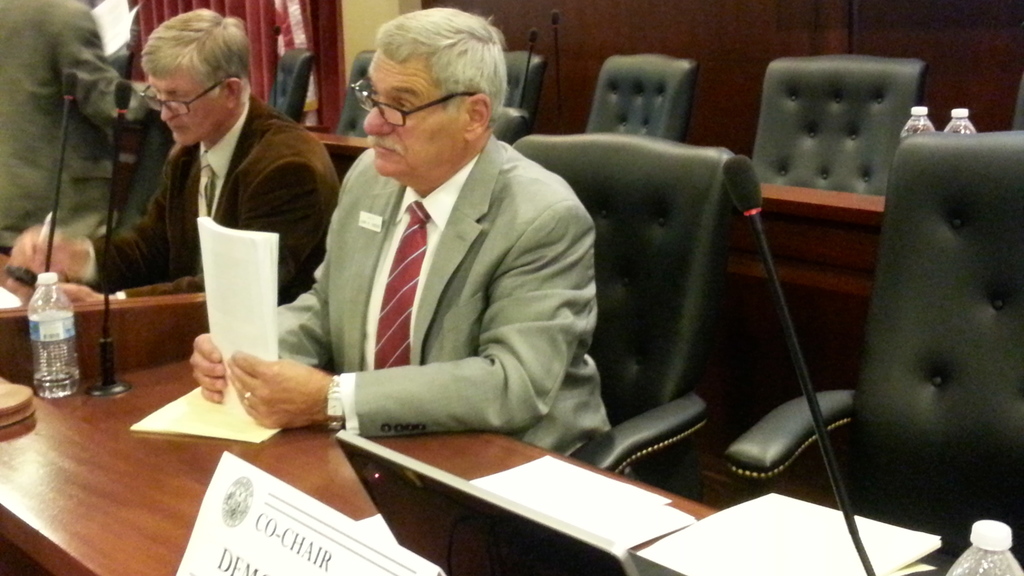With no discussion or debate — at least on Wednesday — a Senate committee printed one of the more anticipated education bills of 2014.

Dubbed the “Student Data Accessibility, Transparency and Accountability Act of 2014,” the bill sets guidelines for protecting student information — and sets fines for the illegal release of student data.
Student data security has been a recurring theme in the debate over the new Idaho Core Standards in math and English language arts. Critics say the standards, and the multistate tests aligned to Common Core, leave student data and personal information vulnerable to release to federal agencies.
In general, the bill would forbid the transfer of confidential data “to any federal, state or local agency or other organization outside of the state of Idaho.”
The bill contains detailed definitions of what is — and what is not — student data. For example, test scores, grad-point averages and disciplinary files are considered student data, and can be part of a student’s educational record. But criminal records, medical and health records, sexual orientation and Social Security numbers are not considered student data.
Anyone who leaks student data can face a fine of up to $50,000. School districts or charter schools can face a similar fine — if they fail to develop a data policy and students’ data is leaked.
Senate Education Committee Chairman John Goedde wrote the bill, consulting with the State Department of Education, the State Board of Education and other stakeholders. The Coeur d’Alene Republican is a strong supporter of the Idaho Core Standards, but he believes Common Core critics have a reasonable concern about data security.
The same holds for State Superintendent Tom Luna and Gov. Butch Otter — who also support the multistate Common Core effort, but have voiced their support for a data security bill. During his Jan. 6 State of the State address, Otter endorsed efforts to “further clarify the fact that we place the highest importance on the privacy and security of student data.”
The bill is likely to come back to Goedde’s committee for a full hearing.
